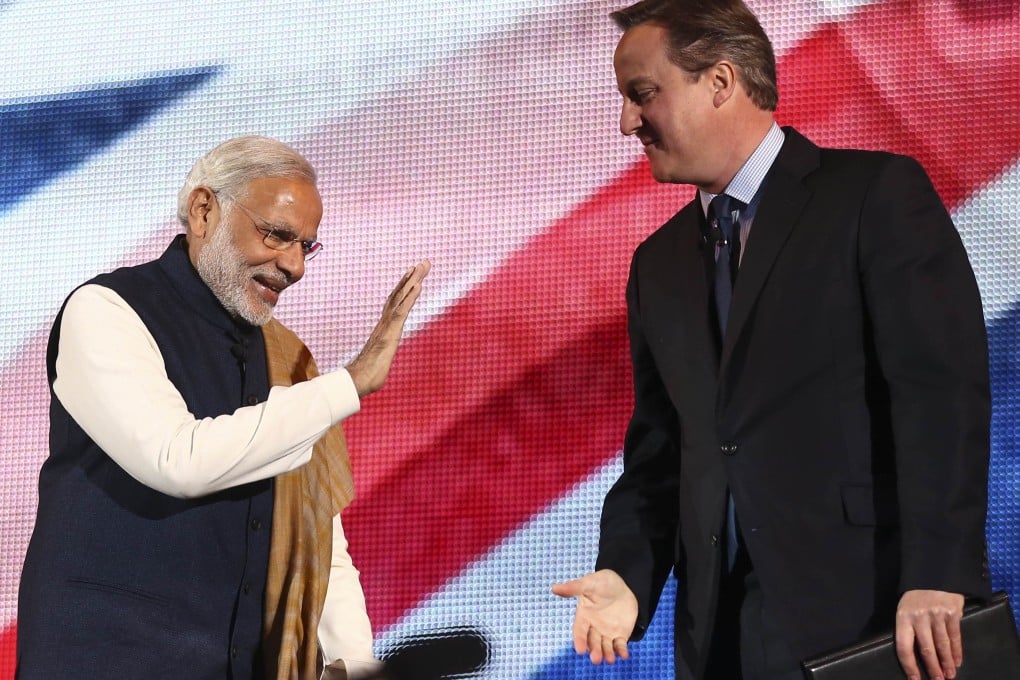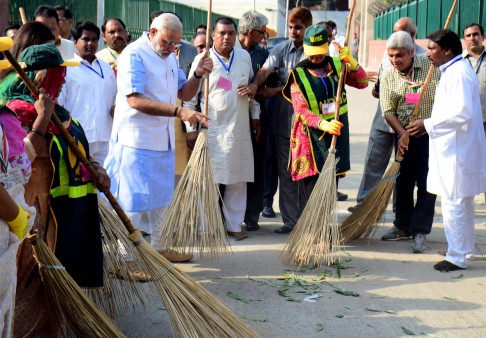All talk and no action: Modi’s unfulfilled promises take the shine off his grand vision for a better India
Priya Virmani says recent election results show India’s young voters are losing faith in the prime minister and his ability to deliver on the commitments he made to make life better for ordinary people

Indian Prime Minister Narendra Modi has just concluded his visit to the UK, where he received a rock star’s welcome. However, back in India, put your ear to the ground and you will hear a different story – one of misgivings.
Modi’s party, the Bharatiya Janata Party, has just lost elections in the key state of Bihar. This is Modi’s first major electoral setback since he rode into the prime ministerial office in May 2014, and the defeat has come as a complete surprise to his party. The Bihar elections were lost because of promises made but not kept – like those on the provision of livelihoods and the availability of electricity.
On the international stage, Modi has been marketing the grand narratives of “Make in India”, “Digital India” and “Smart Cities”. These concepts are grand in scope but low on delivery. For example, the promise to provide electricity to 18,000 additional Indian villages will remain unfulfilled until the lack of policy support is addressed.
Hitting deadlines and improving waiting times for government functions and decision-making – including on civic documents like passports and driving licences, and the outcome of government tenders – are more unfulfilled promises, while India’s agrarian crisis and the number of farmer suicides have not abated.
Cleaning up obscene government excesses has also remained just talk. Stories of bribe-taking and conspicuous corruption abound. Entrepreneurs say bribes are still sought openly, but now government officials often demand that phones be kept in view during negotiations, to ensure they are not being recorded.

Following Modi’s mantra of “minimum government and maximum governance”, last week, the government relaxed foreign direct investment restrictions in more than 15 sectors, to encourage foreign investors to “Make in India”.